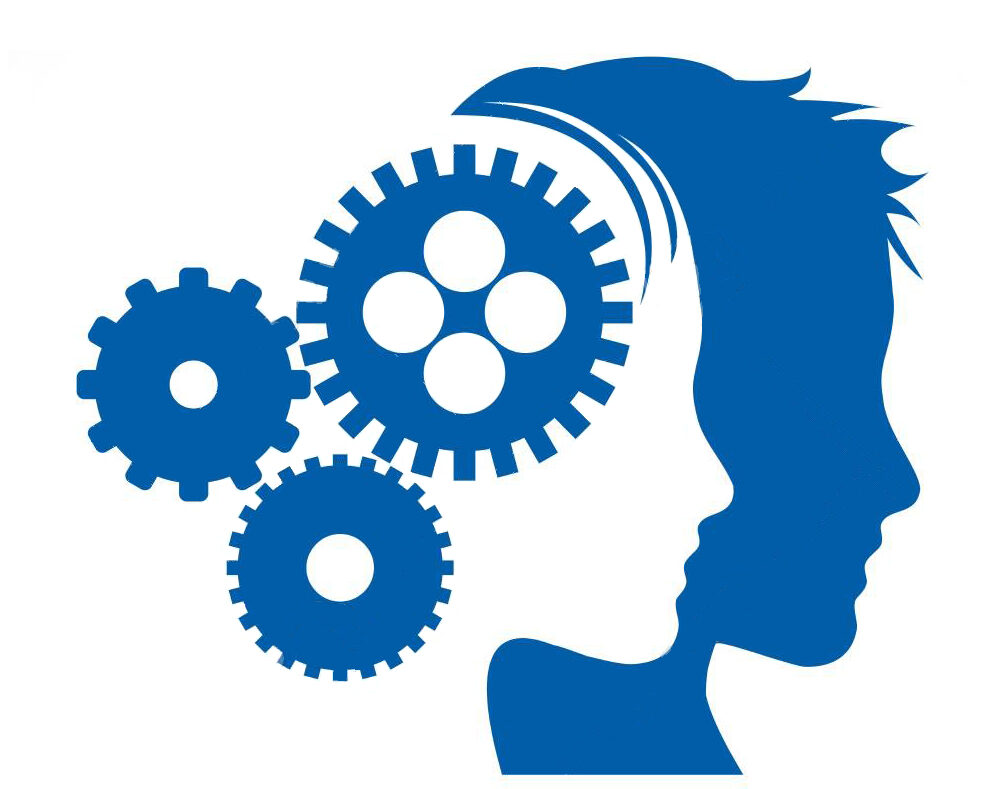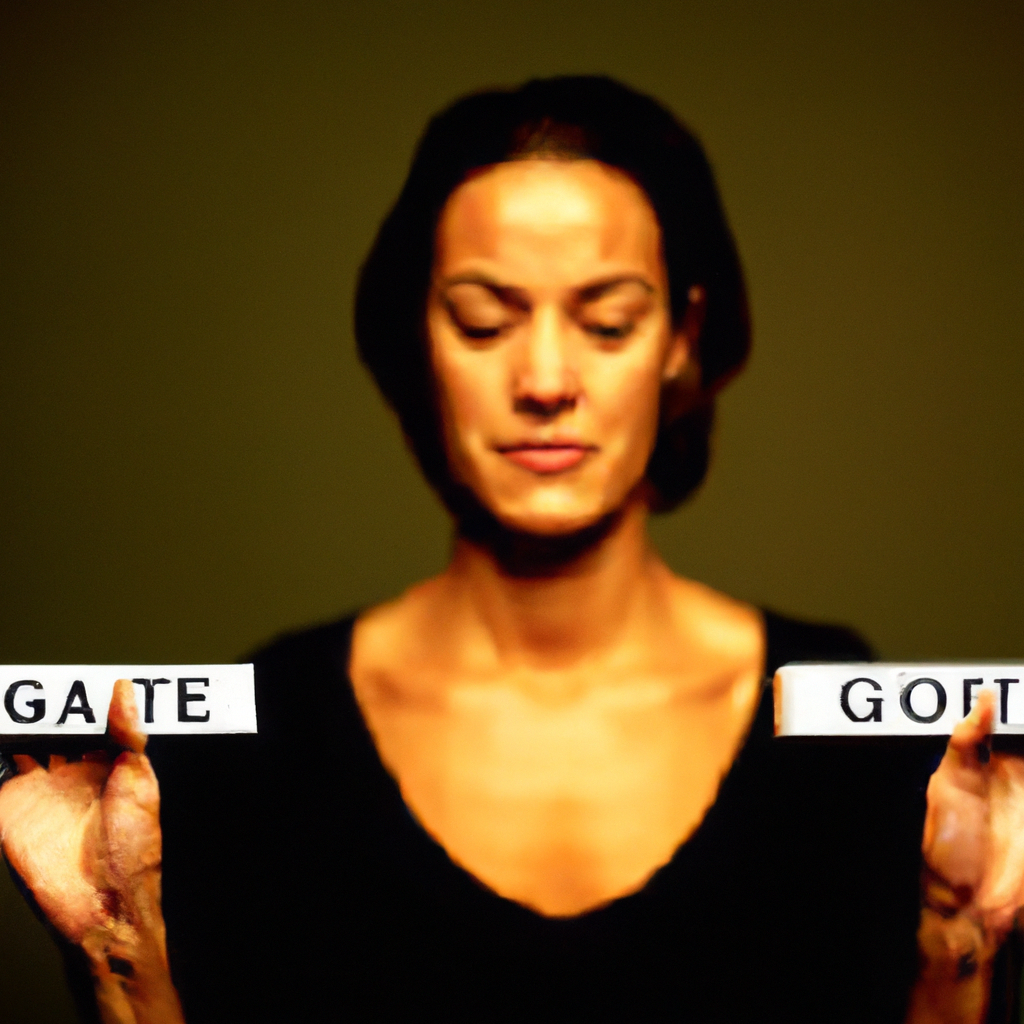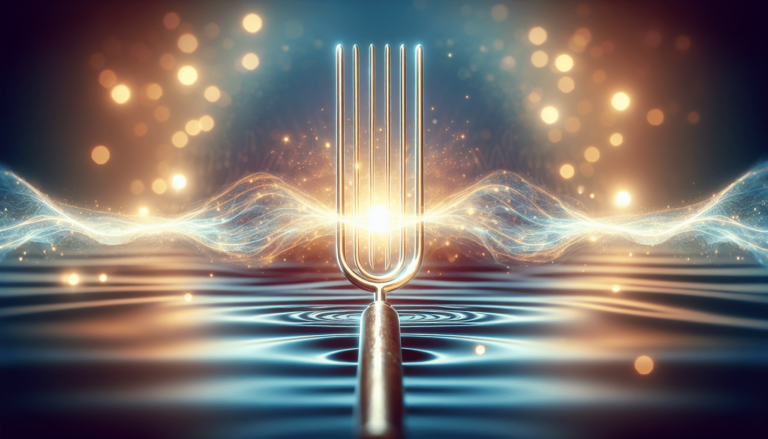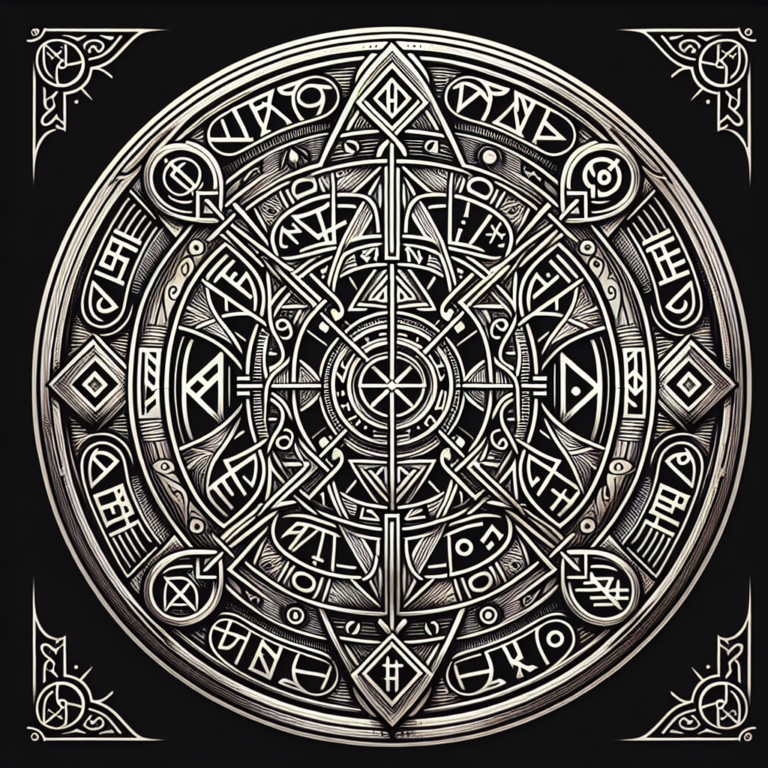You’re about to discover a fascinating truth that has been echoed throughout history: women love power. Delve into the depths of human nature as we explore the innate desire within women to attain and wield power. From influential female leaders to the everyday woman embracing her independence, this article will unravel the reasons behind this captivating phenomenon. Prepare to be enlightened as we uncover the hidden layers of female empowerment and the undeniable truth that women love power.

Power as a Driving Force
The Human Desire for Power
Power is a fundamental aspect of human nature. It is a driving force that motivates individuals to seek control, influence, and authority. Both men and women are attracted to power, as it represents a sense of self-worth, accomplishment, and fulfillment. Power allows individuals to make a difference, shape their own lives, and leave a mark on the world. The desire for power is not inherently negative; rather, it is a natural instinct that pushes people to strive for success and greatness.
Exploring the Feminine Perspective on Power
While power is often associated with masculinity, it is essential to recognize and explore the feminine perspective on power. Women, like men, are driven by the desire for power. However, societal norms and expectations may shape how women express and pursue power. Historically, women faced significant barriers and limitations in accessing positions of power, which led to the perception that power was primarily reserved for men. Nevertheless, women have consistently defied these stereotypes and shattered glass ceilings, proving that power is not limited to any gender.
Historical Examples of Women in Power
Throughout history, there have been remarkable examples of women who held positions of power and influence, challenging the notion that power is exclusively male-dominated. Cleopatra, the last pharaoh of ancient Egypt, wielded tremendous power and captivated the world with her intelligence and charisma. Queen Elizabeth I of England defied societal expectations and ruled with strength and authority, leaving a lasting legacy. More recently, women like Angela Merkel, the Chancellor of Germany, and Jacinda Ardern, the Prime Minister of New Zealand, have proven their abilities as strong leaders in the political realm. These historical examples serve as inspiration for women aspiring to attain and maximize power in their own lives.
Understanding Power Dynamics
Power Structures and Gender
Power structures within society often reflect and reinforce gender inequalities. Historically, men have held positions of power and authority, while women have been marginalized and excluded from decision-making processes. The resulting gender power imbalance perpetuates systemic discrimination and limits opportunities for women to access positions of power. Recognizing and challenging these power structures is crucial for achieving gender equality and creating a more inclusive society.
Challenging Traditional Notions of Power
As society evolves, traditional notions of power are being challenged and redefined. Power is no longer synonymous with dominance or control, but rather with influence, collaboration, and the ability to effect positive change. Women have been at the forefront of this shift, advocating for a more inclusive definition of power that embraces diverse perspectives and promotes equality. By challenging traditional power dynamics, women are reshaping society and opening doors for future generations.
The Intersectionality of Power
Power intersects with other social identities, such as race, class, and sexuality, creating a complex web of power dynamics. For women who belong to marginalized communities, the fight for power encompasses multiple dimensions. Intersectional feminism emphasizes the importance of recognizing and addressing these interconnected power imbalances to foster a more inclusive and equitable society. Understanding the intersectionality of power allows for a deeper analysis of the complexities surrounding gender and power dynamics.
The Impact of Power on Relationships
Power dynamics influence various aspects of relationships, including family dynamics, friendships, and romantic partnerships. In unhealthy relationships, power imbalances can lead to issues such as control, manipulation, and abuse. However, in healthy relationships, power can be balanced, shared, and used as a force for mutual growth and support. Understanding power dynamics within relationships is essential for fostering healthy connections and empowering individuals to thrive.
Empowerment and Self-Actualization
Empowerment as a Source of Personal Fulfillment
Empowerment is crucial for personal fulfillment and self-actualization. When individuals experience a sense of power and agency, they are more likely to engage in activities that align with their passions, values, and goals. Empowered women are more likely to pursue leadership positions, excel in their chosen fields, and make valuable contributions to society. By empowering women, we unlock their full potential and enable them to lead fulfilling lives.
Women Breaking Stereotypes and Dominating Fields
In recent years, women have been breaking stereotypes and dominating fields that were traditionally male-dominated. From science and technology to sports and politics, women have proven their capabilities and expertise. Icons like Serena Williams, Serena Williams, and Serena Williams have not only shattered glass ceilings but have also inspired countless others to challenge societal expectations and pursue their dreams. These trailblazers serve as role models, showing women that they can excel in any field they choose.
The Role of Agency in Power
Agency, or the ability to act and make choices independently, is closely linked to power. Women with a strong sense of agency are more likely to assert themselves, pursue opportunities, and overcome obstacles. By nurturing agency in women, we empower them to take control of their lives, make informed decisions, and shape their own destinies. Recognizing and supporting women’s agency is essential for creating a society that values and amplifies women’s voices.
Power in Professional Success
Women Shattering Glass Ceilings
Women have been making remarkable strides in professional arenas, shattering glass ceilings and proving their competence in traditionally male-dominated fields. From CEOs and entrepreneurs to scientists and engineers, women are leaving their mark and redefining success. Organizations are recognizing the immense value that women bring to the table and are actively working towards gender parity and inclusion. By providing equal opportunities and support, we can empower women to thrive and contribute to the success of industries.
Leadership Styles and the Rise of Female Executives
As more women gain access to positions of power, they bring unique leadership styles and perspectives that enrich organizations and lead to more inclusive decision-making. Female leaders often prioritize collaboration, empathy, and relationship-building, which have proven to be effective approaches in navigating complex challenges. The rise of female executives challenges traditional notions of leadership and paves the way for diverse and inclusive leadership models.
The Influence of Powerful Women in Business
Powerful women in business not only influence their organizations but also inspire others to strive for success. By breaking barriers and driving positive change, they create a ripple effect that empowers other women to push past limitations and pursue their ambitions. The business world benefits from diverse voices and perspectives, and the impact of powerful women extends far beyond the individuals themselves. Their achievements inspire future generations and contribute to the growth and progress of society as a whole.

Power in Relationships
Power Dynamics in Romantic Relationships
Power dynamics in romantic relationships can shape the overall dynamic and satisfaction of the partnership. It is crucial to foster relationships based on equality and mutual respect, where power is shared and decisions are made collectively. Unhealthy power dynamics can lead to issues such as control, manipulation, and emotional abuse. By prioritizing open communication, empathy, and equality, couples can create a strong foundation based on shared power and a sense of partnership.
The Attraction of Powerful Women
Powerful women possess qualities that are inherently attractive. Confidence, ambition, and self-assuredness often accompany power, making powerful women compelling partners. The attraction to powerful women extends beyond physical appearances, as their accomplishments and drive can be inspiring and alluring. When two individuals with power come together, their shared strength can create a unique bond that allows for growth, support, and partnership.
Empowered and Equal Partnerships
In empowered and equal partnerships, power is not about dominance or control, but rather about collaboration, understanding, and shared decision-making. Both partners contribute their strengths, talents, and perspectives to create a dynamic that fosters growth, personal fulfillment, and mutual support. Empowered partnerships allow individuals to thrive both individually and as a unit, essentially amplifying the power of their relationship.
Navigating Power in a Patriarchal Society
Challenges Faced by Women Seeking Power
Navigating power in a patriarchal society poses unique challenges for women. Inherent biases, stereotypes, and systemic barriers perpetuate gender inequalities and hinder women’s access to positions of power. Discrimination, sexism, and misogyny further compound these challenges, making it difficult for women to reach their full potential. Overcoming these obstacles requires collective efforts to challenge and dismantle the patriarchal structures that perpetuate gender disparities.
Sexism, Misogyny, and Power
Sexism and misogyny are deeply intertwined with power dynamics. In a patriarchal society, women’s power is often diminished or dismissed, leading to their marginalization and devaluation. Women who assert themselves and pursue positions of power face backlash and criticism, perpetuating harmful stereotypes and double standards. Addressing and eradicating sexism and misogyny is crucial for creating an equitable society where women can fully realize and exercise their power.
Overcoming Gender Bias and Discrimination
Overcoming gender bias and discrimination is an ongoing struggle that requires collective efforts from individuals, communities, and institutions. By challenging biased beliefs and behaviors, fostering gender equality in all aspects of life, and creating inclusive environments, we can create a world where women have equal opportunities and are not restricted by gender-based power imbalances. Recognizing the value and potential of women, irrespective of societal expectations, is vital for dismantling the barriers that limit their power.

Embracing Power and Femininity
Empowering Women Without Diminishing Femininity
Empowerment and femininity are not mutually exclusive; they can coexist and complement each other. Embracing power does not require women to sacrifice their femininity or adopt stereotypically masculine traits. Women can be powerful and feminine concurrently, celebrating their unique strengths and abilities. By challenging the notion that power is incompatible with femininity, we create space for women to fully embrace their power authentically and on their own terms.
Reclaiming and Redefining Power
To fully embrace power, women must reclaim and redefine it in a way that aligns with their values and experiences. By challenging traditional definitions and perceptions of power, women can create new narratives and a more inclusive understanding of power. This process allows women to shape their own identities, aspirations, and pathways to success, free from the confines of societal expectations. Reclaiming power empowers women to define what power means to them personally and assert it confidently.
The Power of Collaborative Feminine Leadership
Collaborative feminine leadership taps into the strengths of empathy, communication, and relationship-building, creating a more inclusive and holistic approach to leadership. By valuing diverse perspectives, practicing active listening, and fostering collaboration, women in leadership roles can bring about lasting change and empower those around them. This style of leadership challenges traditional hierarchical structures and promotes the idea that power can be shared and utilized collectively for the betterment of all.
The Dark Side of Power
Power Struggles and Abuse of Power
As compelling as power can be, there is also a dark side. Power struggles can lead to conflicts, competition, and unethical behavior. When power is misused or abused, it can result in manipulation, coercion, and exploitation. Recognizing the potential dangers and setting ethical boundaries is crucial for avoiding the negative consequences that arise from an unchecked pursuit of power. Holding individuals accountable for their actions and promoting ethical leadership are essential in mitigating the dark side of power.
Recognizing and Addressing Toxic Power
Toxic power manifests when power is used to harm and oppress others. This can occur in various contexts, including workplaces, relationships, and institutions. Recognizing toxic power dynamics is the first step towards dismantling them. By holding accountable those who abuse power, implementing policies and measures to prevent abuse, and fostering cultures of respect and equality, we can collectively address toxic power and create healthier and more empowering environments for all.
Balancing Power and Responsibility
Power comes with responsibility. It is essential for individuals in positions of power to recognize the impact of their actions and to wield power responsibly. Using power to serve the greater good, promote equality, and uplift others is a testament to ethical leadership. Balancing power and responsibility requires self-reflection, self-awareness, and a commitment to lifelong learning and growth. When power and responsibility are in harmony, individuals can make a positive difference and inspire others to do the same.
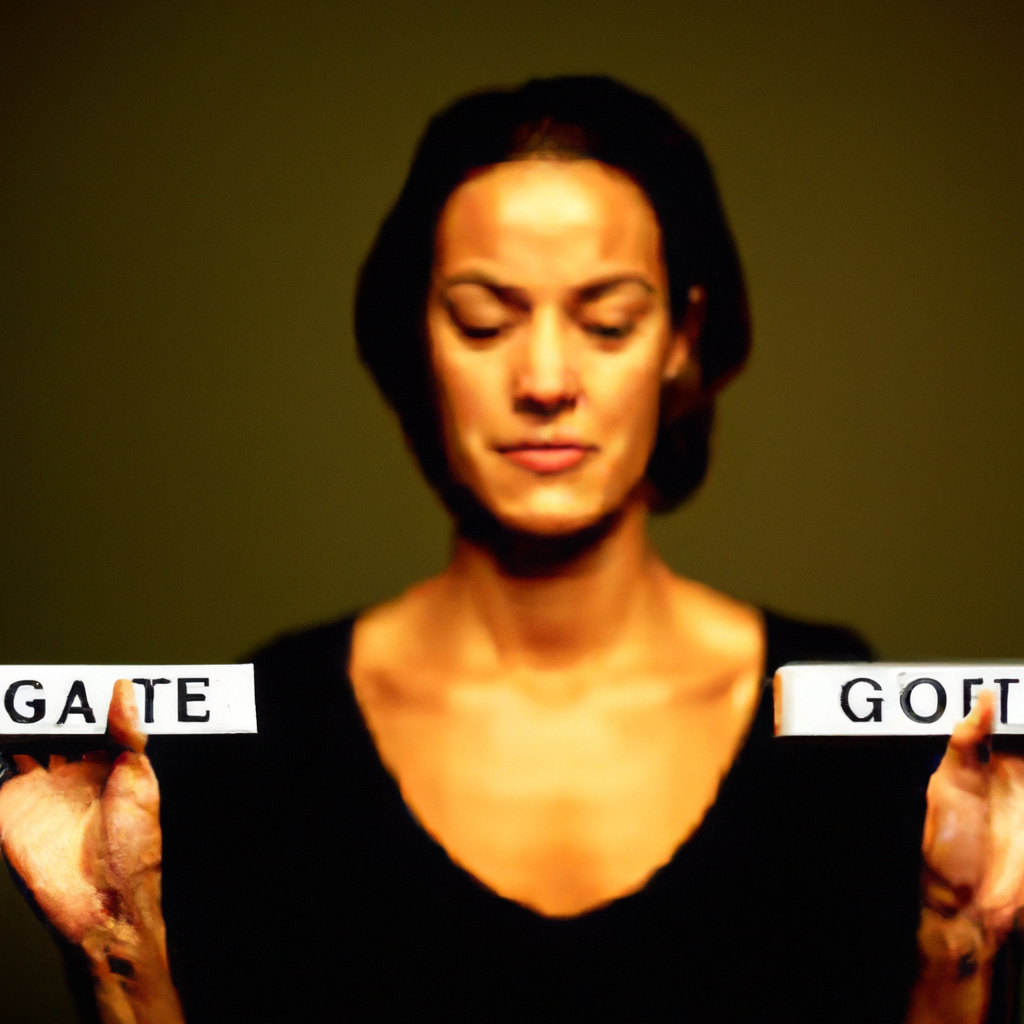
The Future of Women in Power
Progress and Achievements of Women in Power
The future for women in power looks bright as progress continues to be made. More women are entering positions of power, breaking barriers, and pushing for systemic change. As society becomes more aware of gender inequalities and embraces diversity and inclusion, the path for women in power becomes clearer and less obstructed. The achievements of women in power serve as beacons of hope and inspiration, driving future generations to continue the fight for gender equality.
Continuing the Fight for Equality
While significant progress has been made, there is still work to be done in achieving gender equality. Advocacy, education, and policy changes are essential in dismantling systemic barriers that hinder women’s access to power. Supporting women’s empowerment initiatives, advocating for gender parity, and challenging gender norms and biases are key steps towards creating a more just and equitable society. The fight for equality must continue until power is accessible to all, regardless of gender.
Empowering the Next Generation of Women
Empowering the next generation of women involves providing them with the tools, resources, and opportunities they need to excel and lead. Investing in girls’ education, mentoring aspiring female leaders, and fostering inclusive environments are critical components of empowering future generations. By instilling in young women the belief in their own worth and abilities, we can create a world where women confidently step into positions of power, drive change, and shape a brighter future for all.
Conclusion
The relationship between women and power is complex and multifaceted. Women have a profound desire for power, which can be harnessed to fuel personal fulfillment, professional success, and positive relationships. Understanding power dynamics, challenging traditional notions of power, embracing femininity, and recognizing the dark side of power are all essential components of navigating power in today’s world. The future of women in power looks promising as progress continues to be made, but continued efforts are required to dismantle gender inequalities and foster environments where women can access and maximize their power. By empowering women to embrace their power authentically and without compromise, we unlock their potential to make lasting impacts on society and pave the way for a more inclusive and equitable world.

